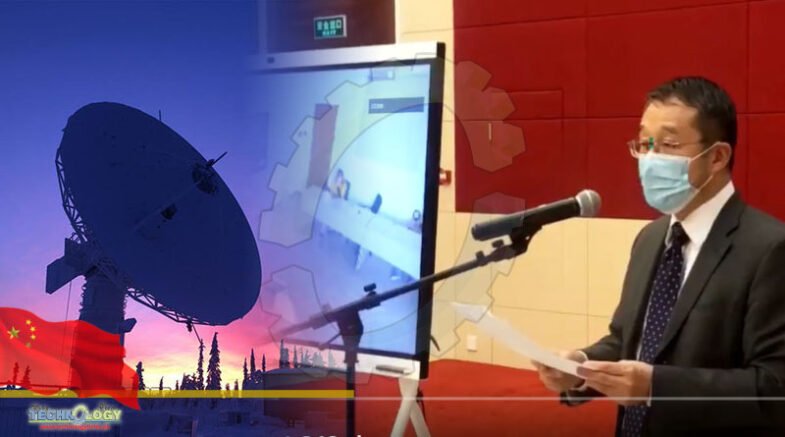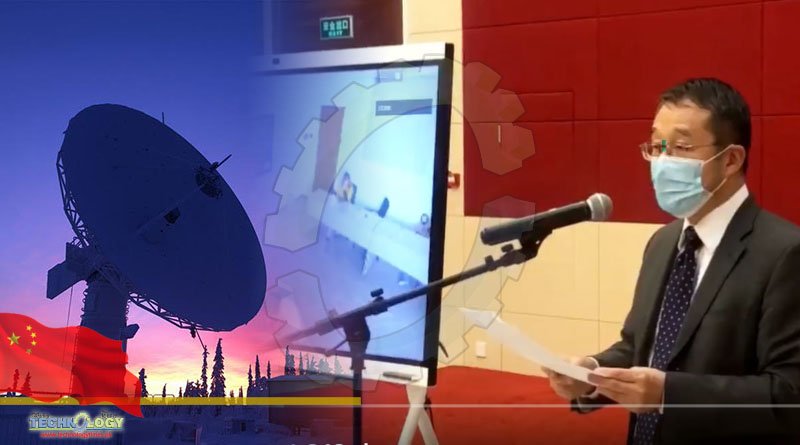China will construct a satellite digital-receiving ground station in Namibia on the outskirts of Windhoek.

China and the African Union Commission recently hosted “Talk with Taikonauts”, an event to facilitate dialogue between three Chinese astronauts (taikonauts) and students from Namibia and seven other African countries about life in space.
The event held at the African Union’s headquarters in Addis Ababa saw students from Algeria, Egypt, Ethiopia, Namibia, Nigeria, Senegal, Somalia and South Africa interact with Chen Dong, Liu Yang and Cai Xuzhe to learn more about space exploration from the lens of China’s manned space programme.
On the sidelines of the event, a representative of the Chinese ambassador in Namibia, Yang Jun, disclosed that the event aimed at strengthening China’s partnership with African states and improving the knowledge of African youths regarding space exploration. “China has long been focused on space exploration. Over the past three decades, China has been making rapid progress in manned space missions, with support from the international community, including Namibia,” he said.
Furthermore, Jun revealed Namibia’s effort towards actualising the telemetry, a tracking and command (TT&C) station built in 2001 at Swakopmund to track Chinese space missions. “In return, China will construct a satellite digital-receiving ground station in Namibia on the outskirts of Windhoek”, Jun disclosed.
In addition, Jun noted that China will help train Namibian technicians on space technology and conduct space research jointly with Namibia as the task of developing space technology rests on the shoulders of youth globally, including that of China and Namibia. “I hope this event will strengthen Namibian youths’ interest in space exploration, and I also expect that one day, there will be Namibian astronauts working together with their Chinese counterparts,” he said.
Also, the Chairman Mao Zedong High School principal, Elizabeth Bamm, aired his views at the event and explained that the students were excited to learn about another fascinating discipline outside of being doctors, nurses and teachers.
One of the astronauts, Chen Dong, divulged that they are studying the impact of long-term exposure to zero gravity on astronauts’ health and corresponding protection measures. “We are also delving into the application of traditional medicine in space and experiments on variable gravity science, life and ecology science, biotechnology science, the physics of fluids, and combustion science,” he said.
Chen said the experimental research project will provide support for astronauts to live a healthy life and work with high efficiency on the space station, and lay the groundwork for future exploration into deep space.
Satellite Ground Station (SGS) are built for collecting and streaming remote sensing satellite data to a variety of users and applications. This may include national weather centres such as the Bureau of Meteorology or research centres like CSIRO.
Originally published at African News
